New road tax changes mean that from 1 April the cost of new car ownership will rise for many buyers. But which cars are affected and how can you beat the system?
Let’s talk about £40k.
This significant but cannily less than exorbitant amount of money is about to become a crucial figure in the financial minefield of new car buying.
Why? Because that’s the apparently arbitrary sum the government has decreed will mark the boundary between those paying a new £140 standard rate of Vehicle Excise Duty (VED, or road tax between friends) and those paying an additional supplement of £310 for years two to six of ownership.
Years two to six? Indeed, because for the first year of ownership, the amount you’ll pay in VED will be linked to the CO2 emissions of your new car. However, the CO2 thresholds that determine what you pay have been dramatically revised compared to those of the present system.
Read our complete guide to 2017's road tax changes.
At the moment, no money at all is levied from those buying a car that emits less than 130g/km of CO2. From 1 April, the meaningful rate (£100) starts at just 76g/km and extends to £2000 for a car that breaches 255g/km – getting on for double the current M band for the heaviest polluters.
Are you still with me? Good. For some new car buyers, this new system will radically change the amount they pay.
Let’s take the new BMW 520d xDrive M Sport saloon for example: under the present system, you’d pay no tax on it in the first year and only £110 annually thereafter.
From 1 April, however, the BMW will command a first year VED payment of £160 then, for each of the ensuing five years, you’ll pay £450.
That’s only £50 per year shy of the annual amount currently being coughed up by the owner of a McLaren 570S. Fair? That’s a sticky one.
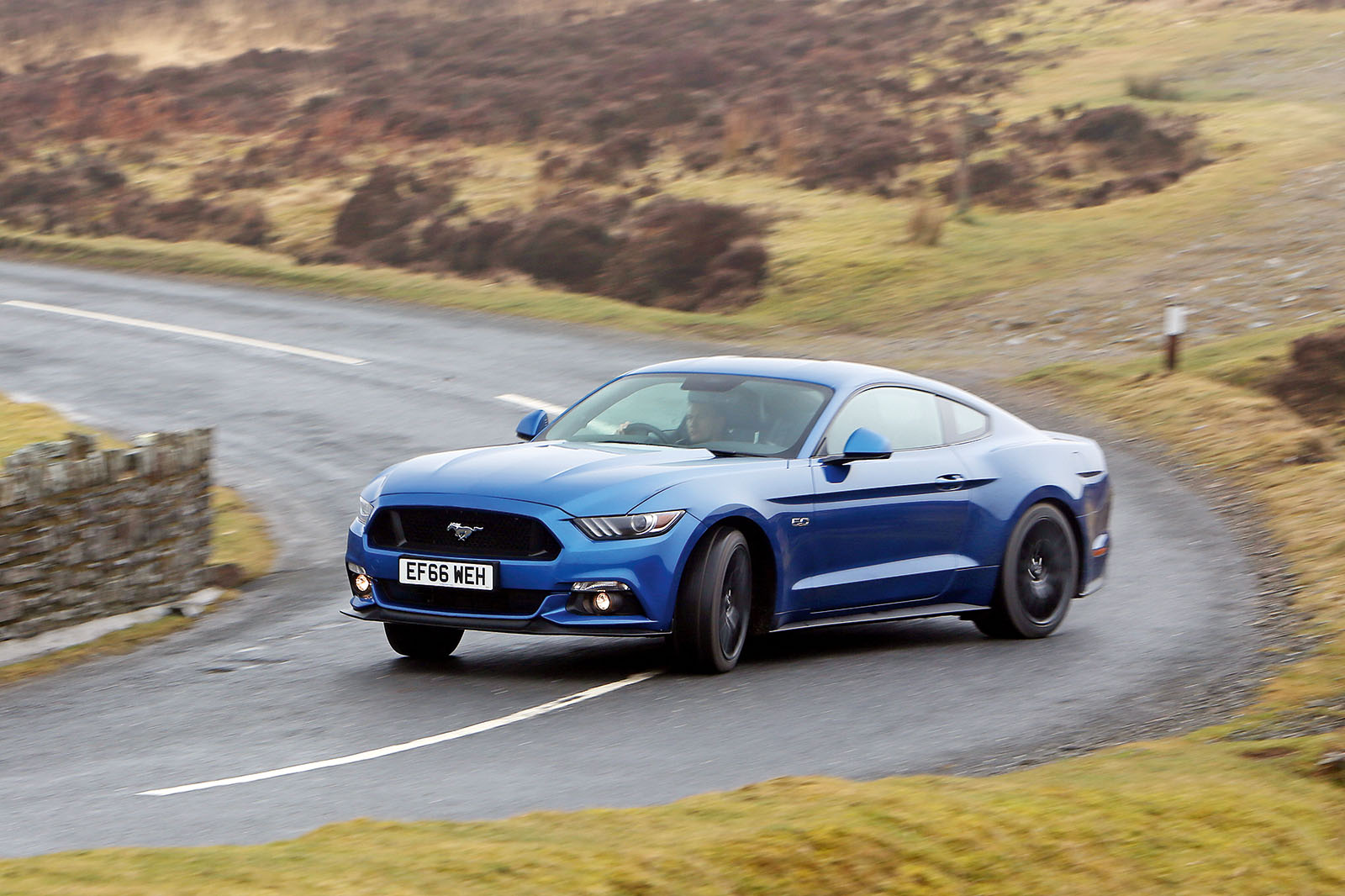
The powers that be would argue, not unjustifiably, that the current system, based squarely on CO2 emissions, has chiefly benefited those financially capable of buying increasingly efficient new cars while penalising those stuck in older models, which tend to emit more pollution and are therefore subjected to more tax.
By introducing a supplementary rate based on purchasing power, it can claim to be taxing only those who can afford it. Naturally, the underlying reason for the change to VED rates is less about fairness and more about ensuring the Treasury’s revenue stream.

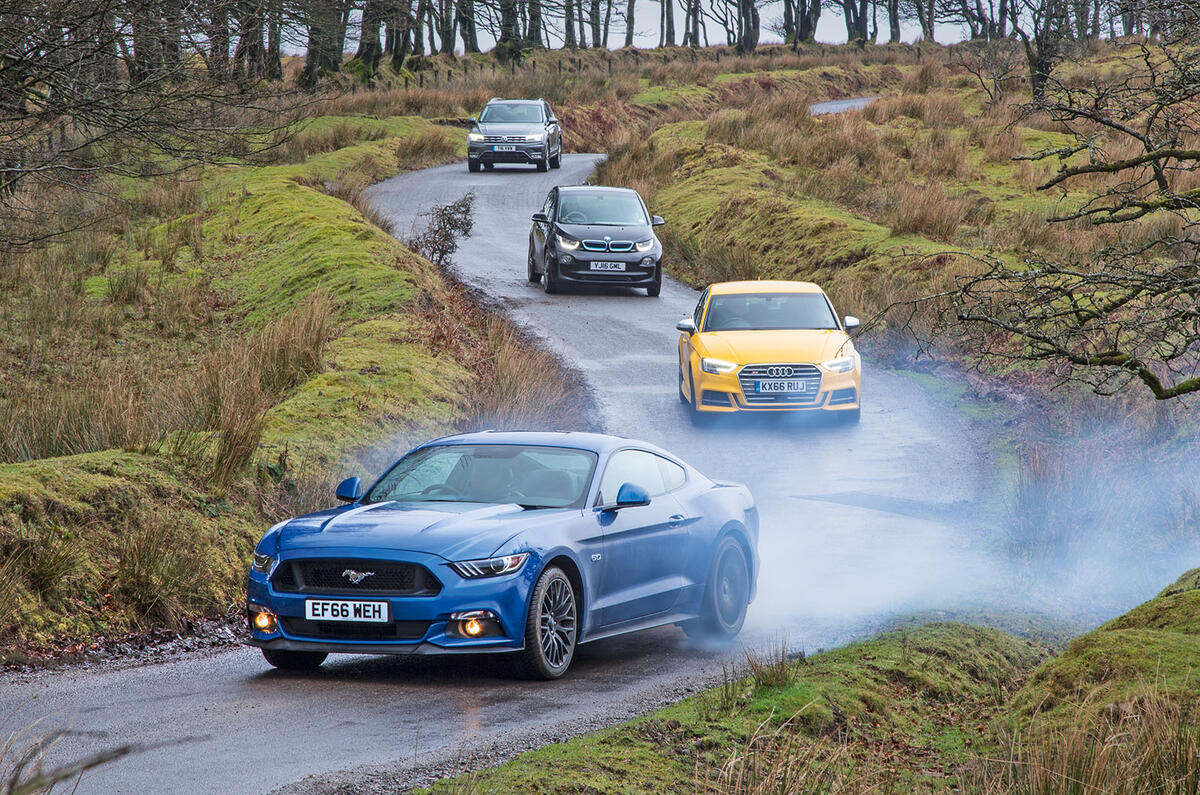
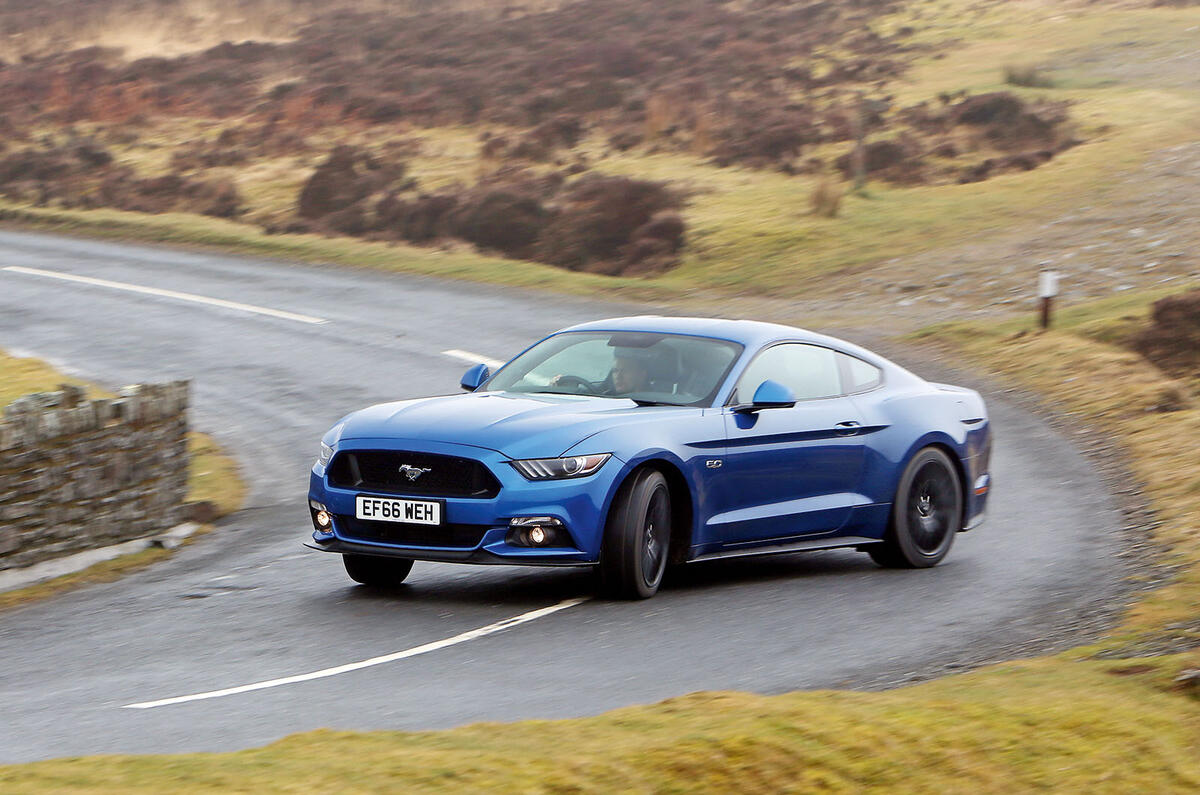

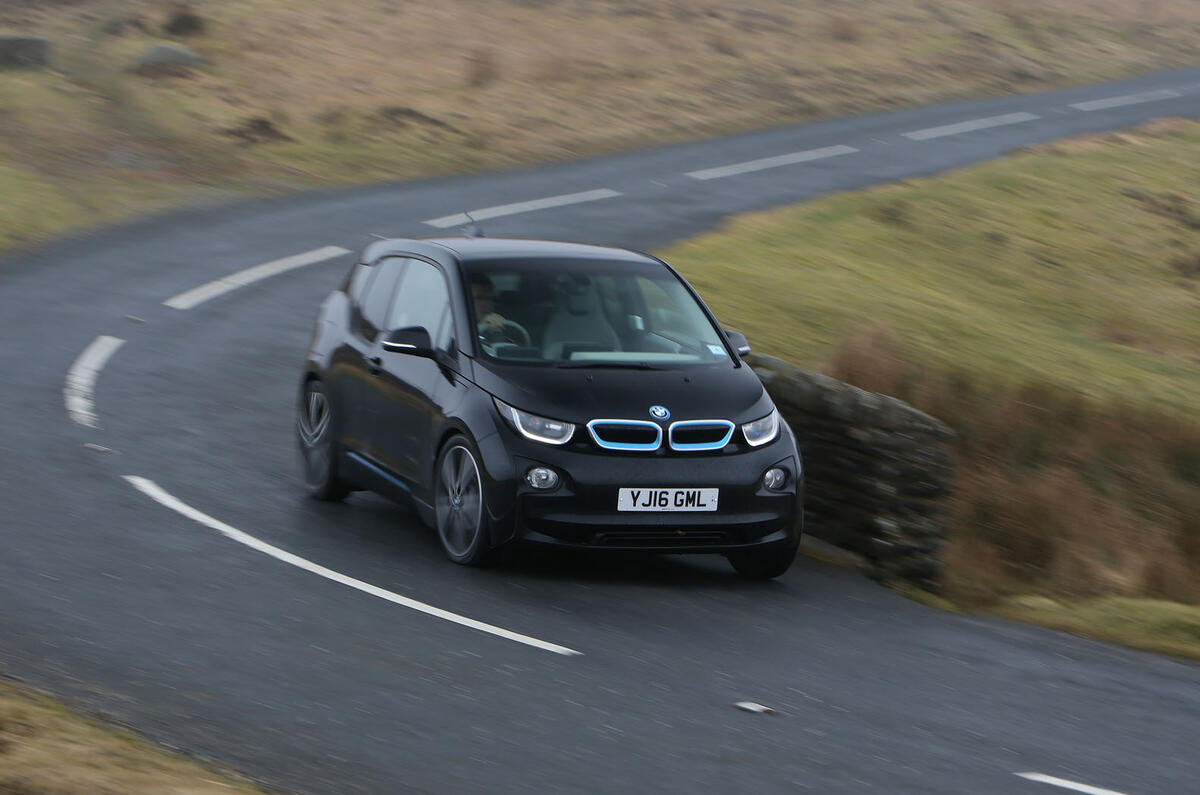
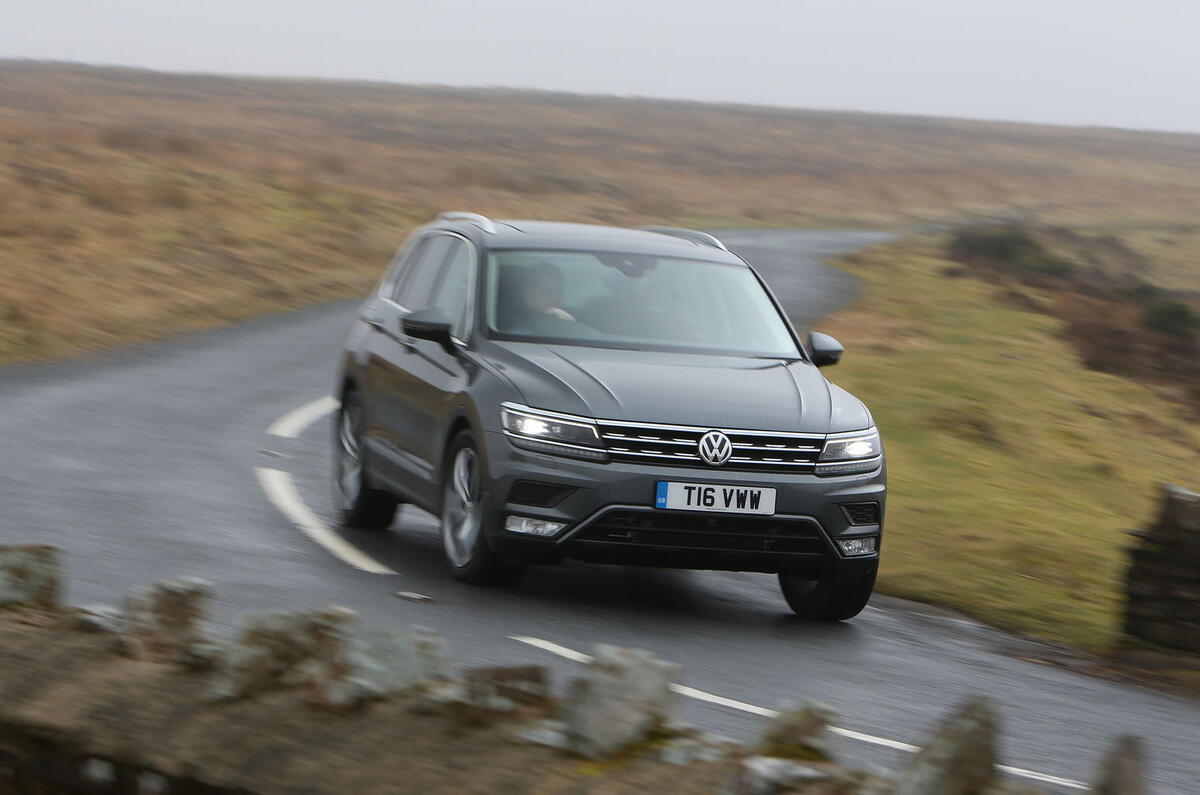
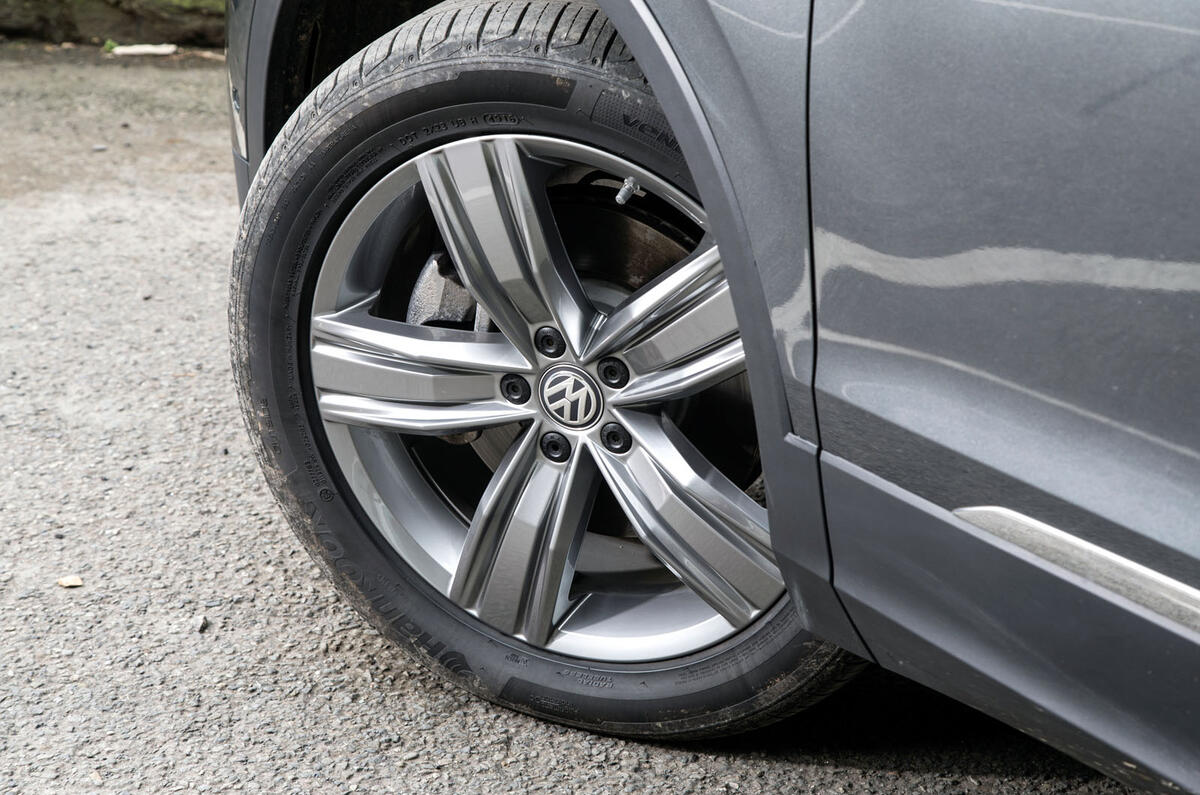
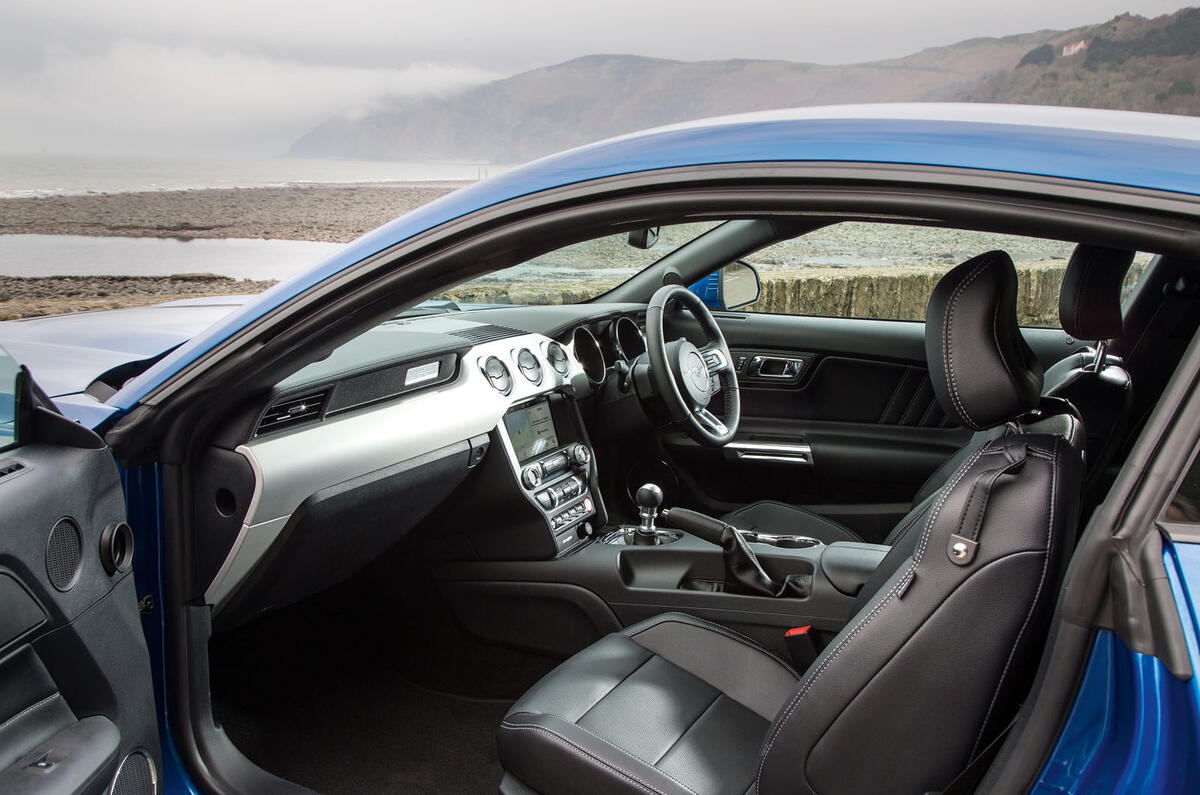
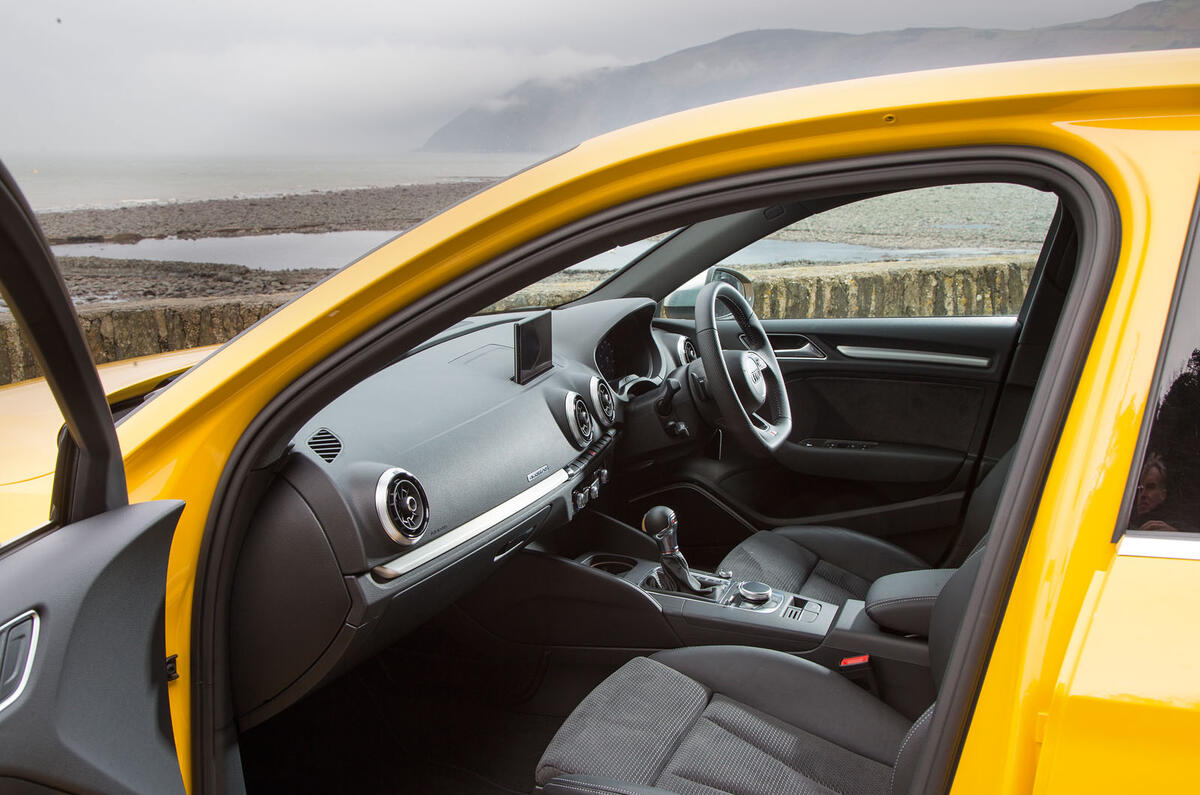
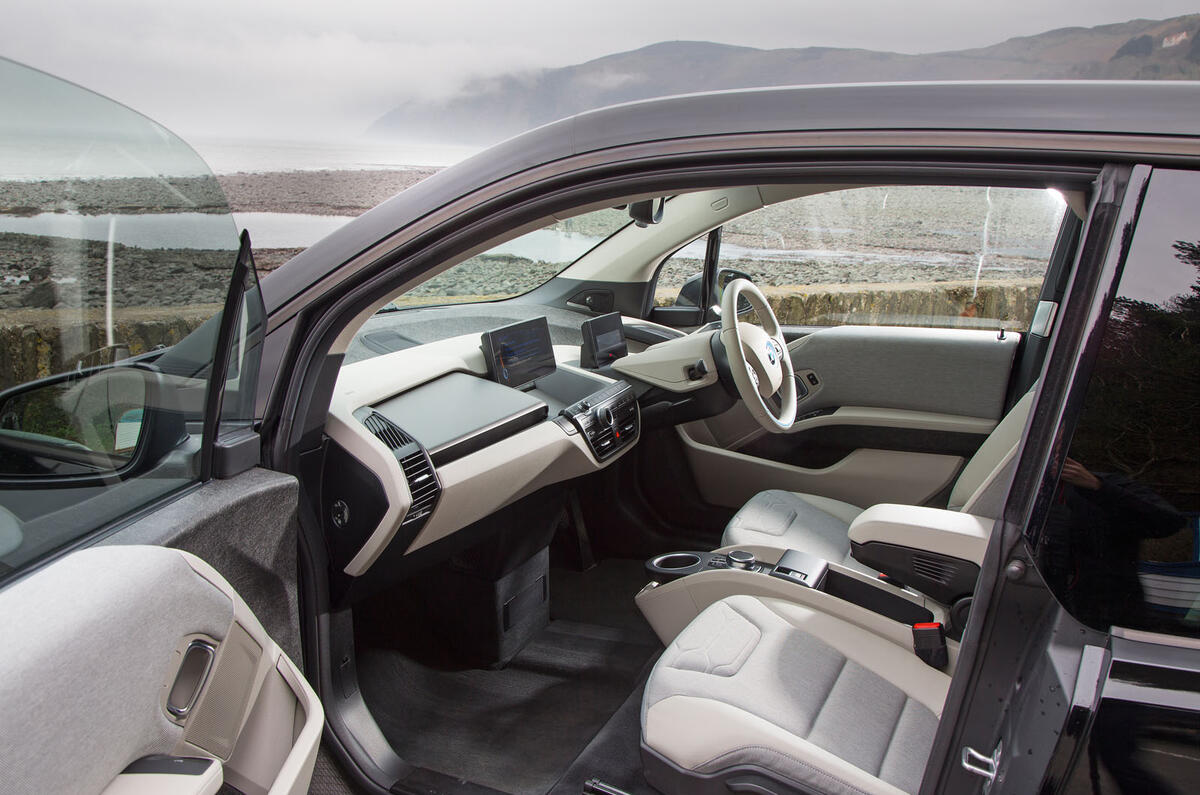
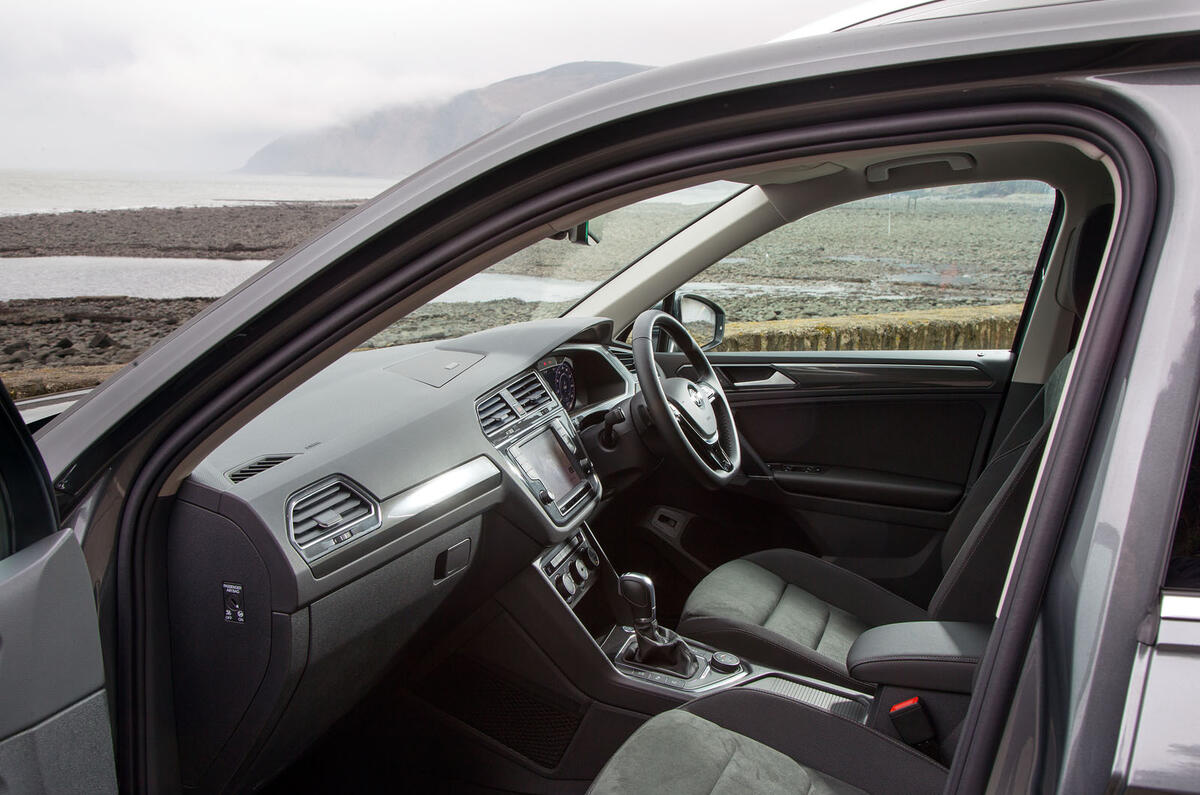
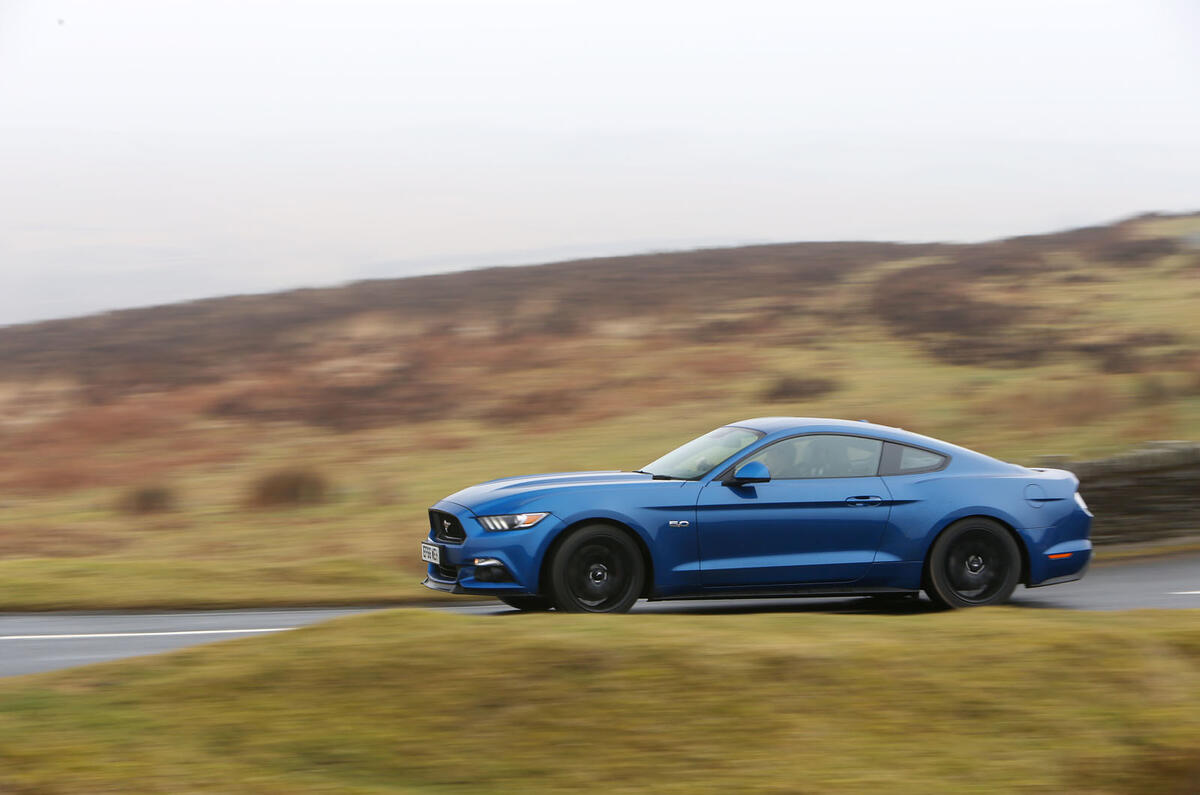
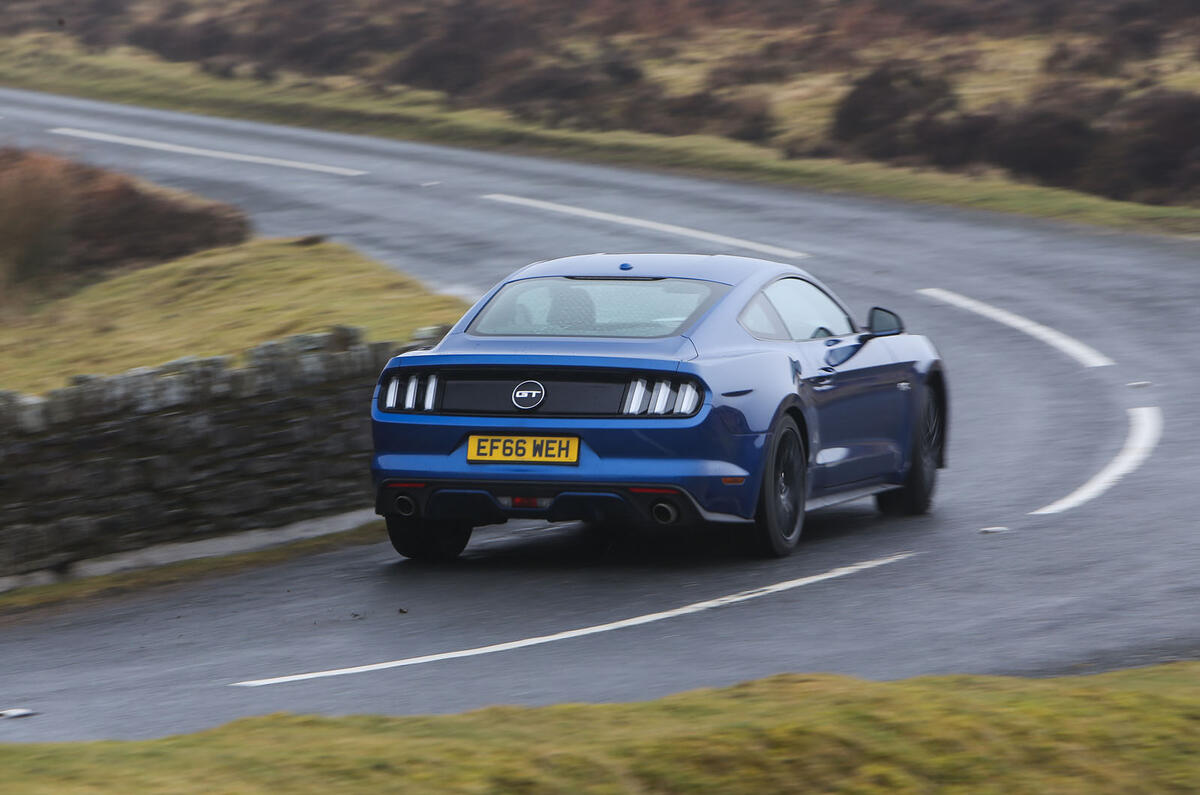
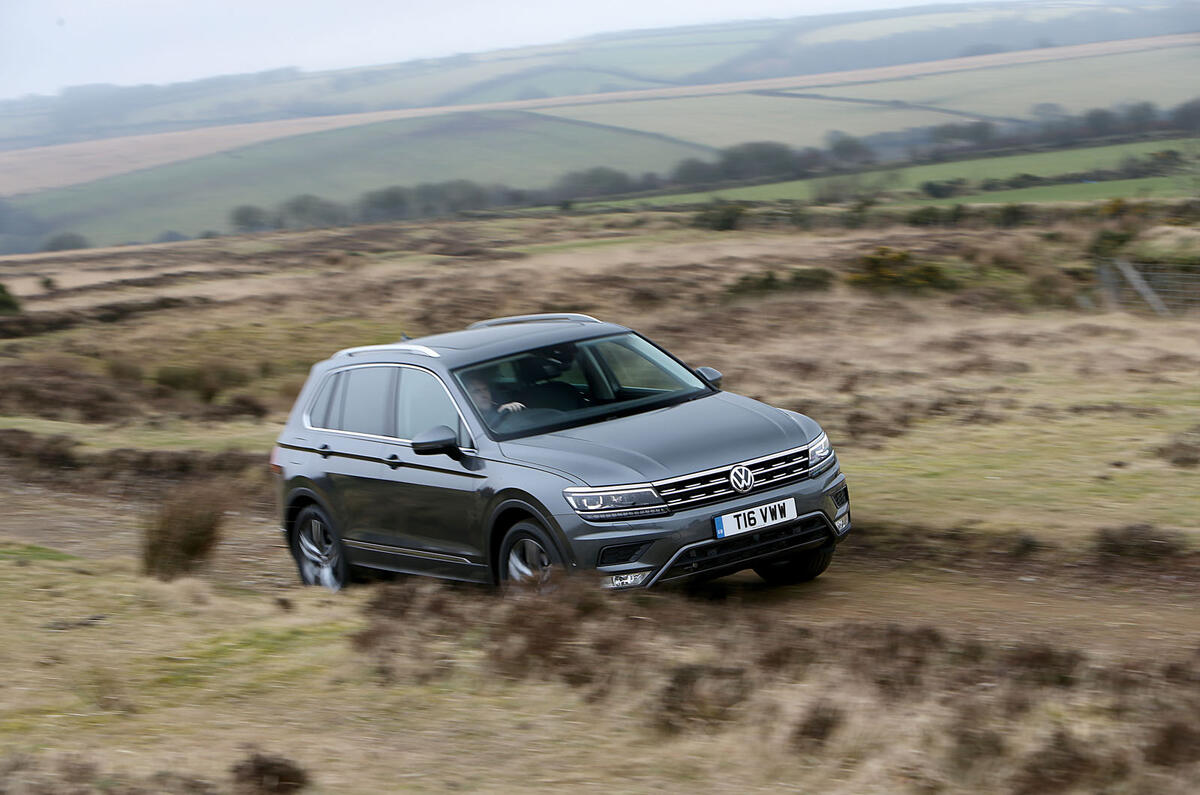
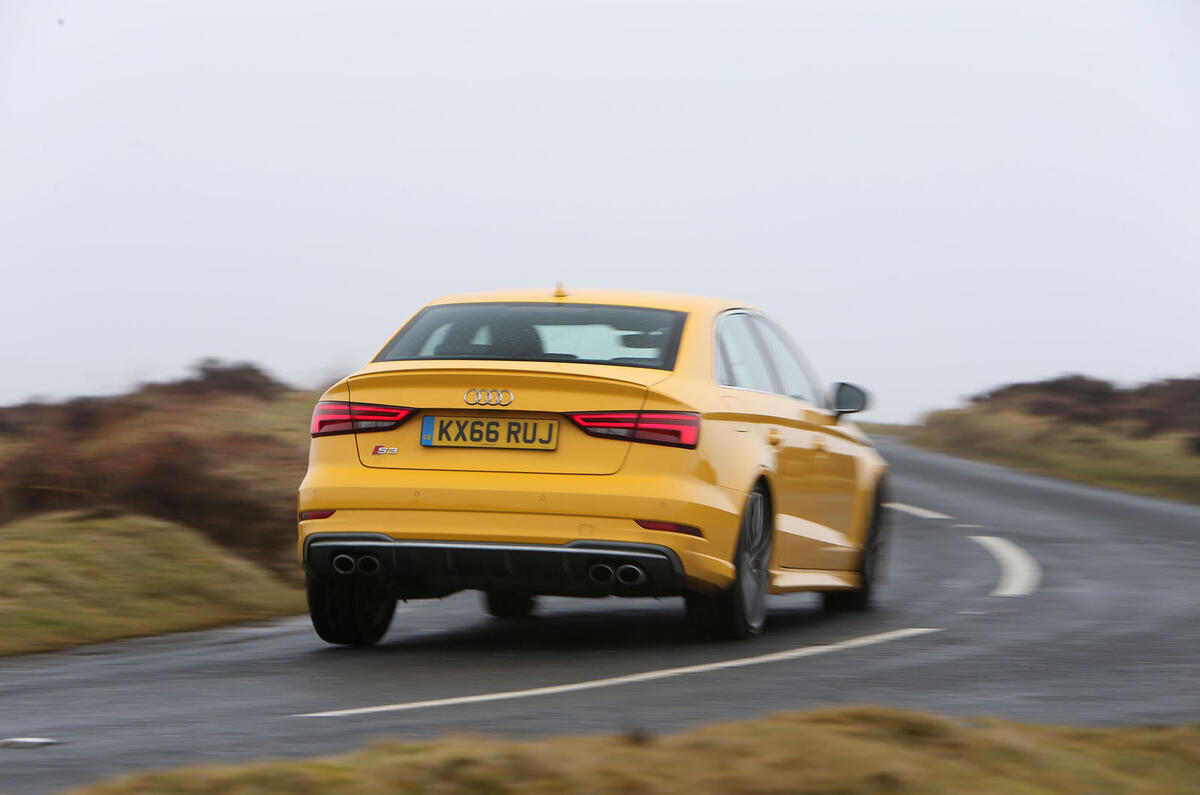
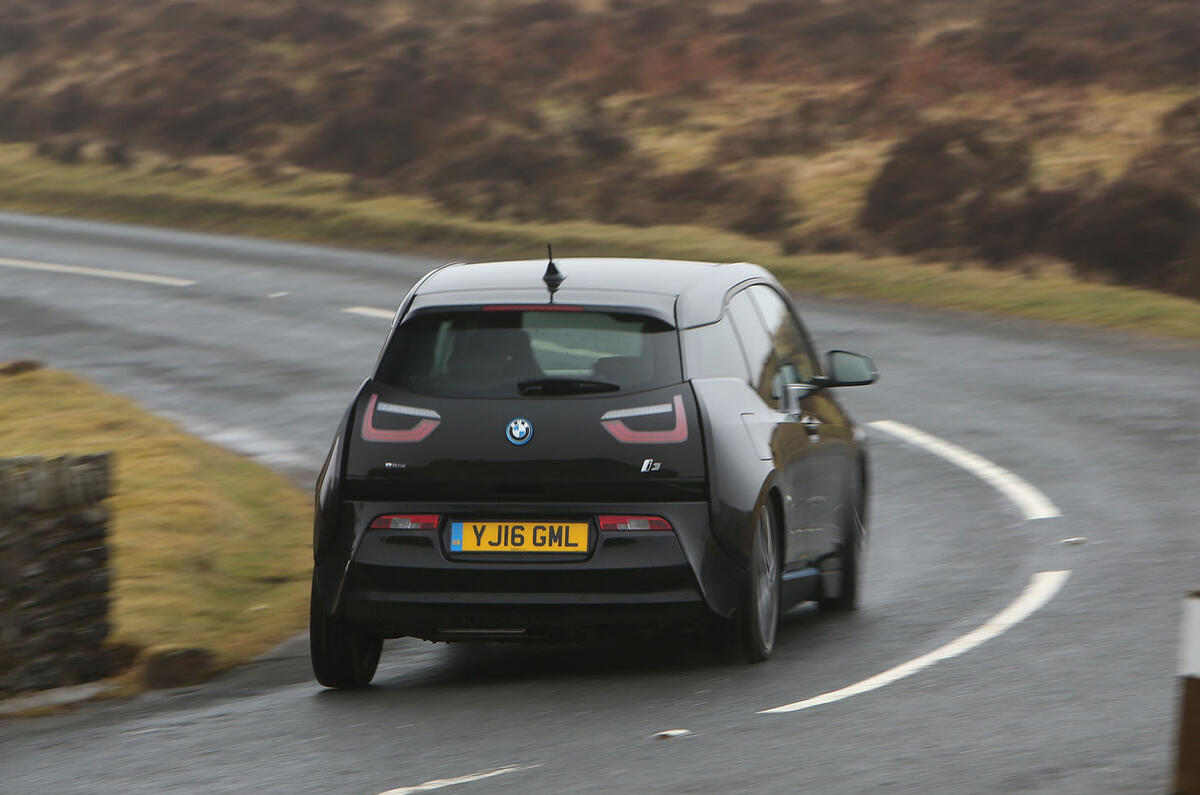
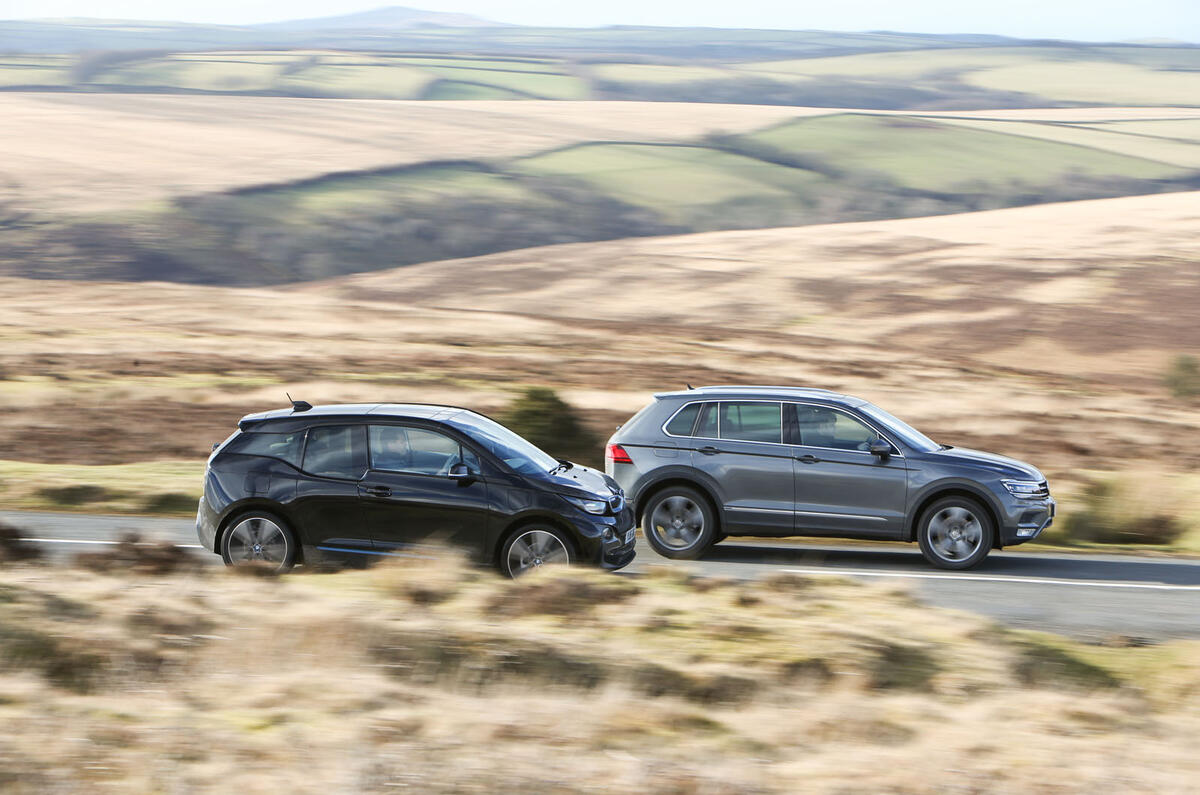
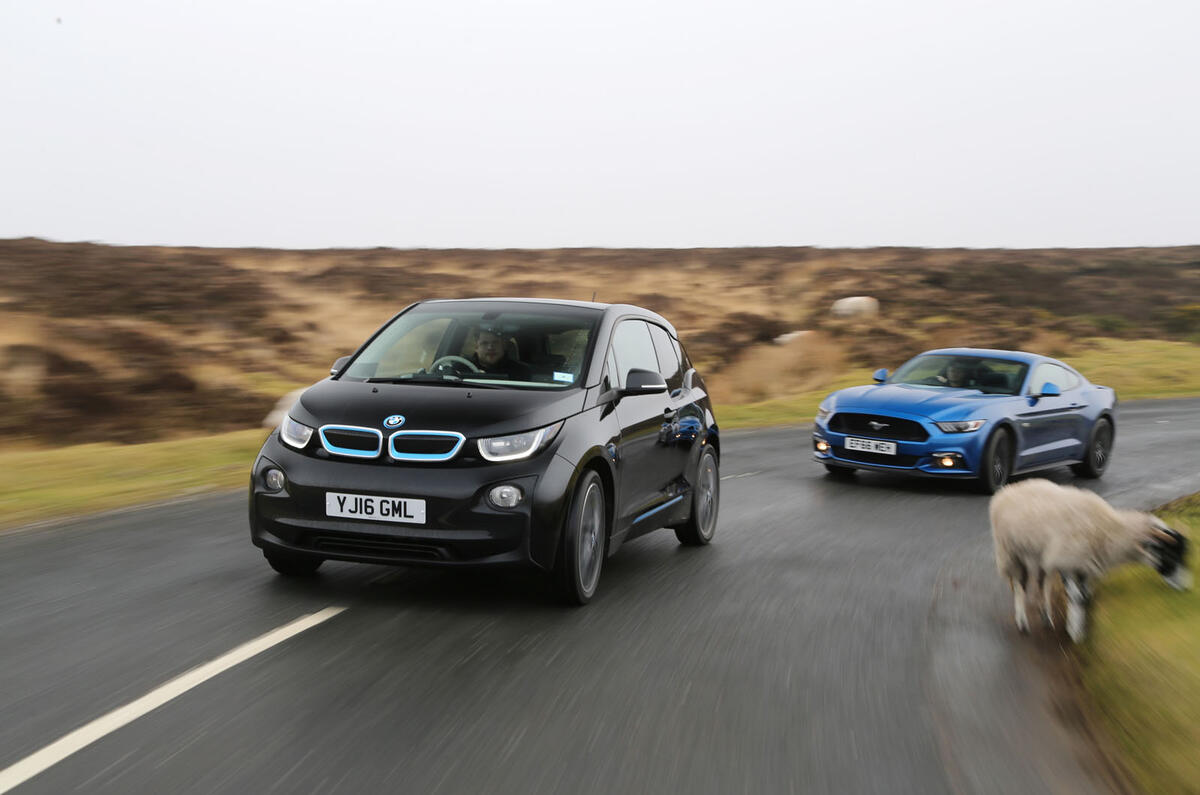
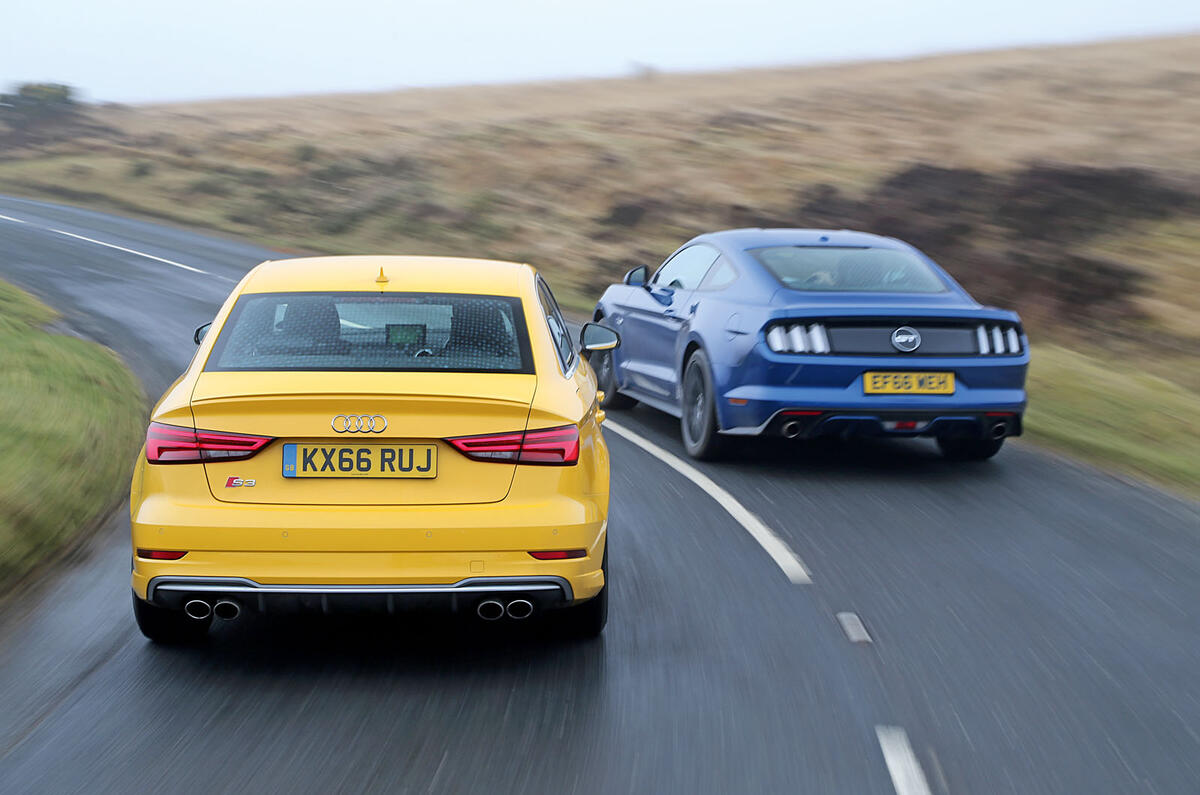
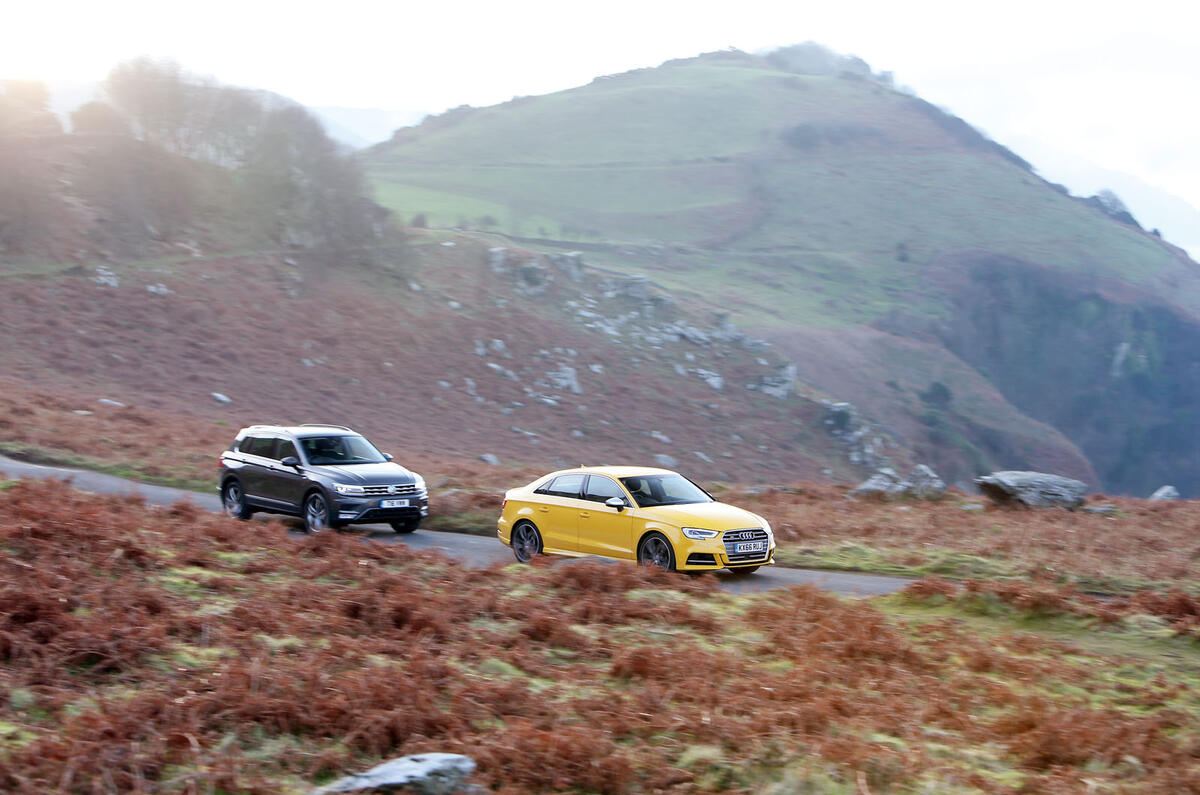
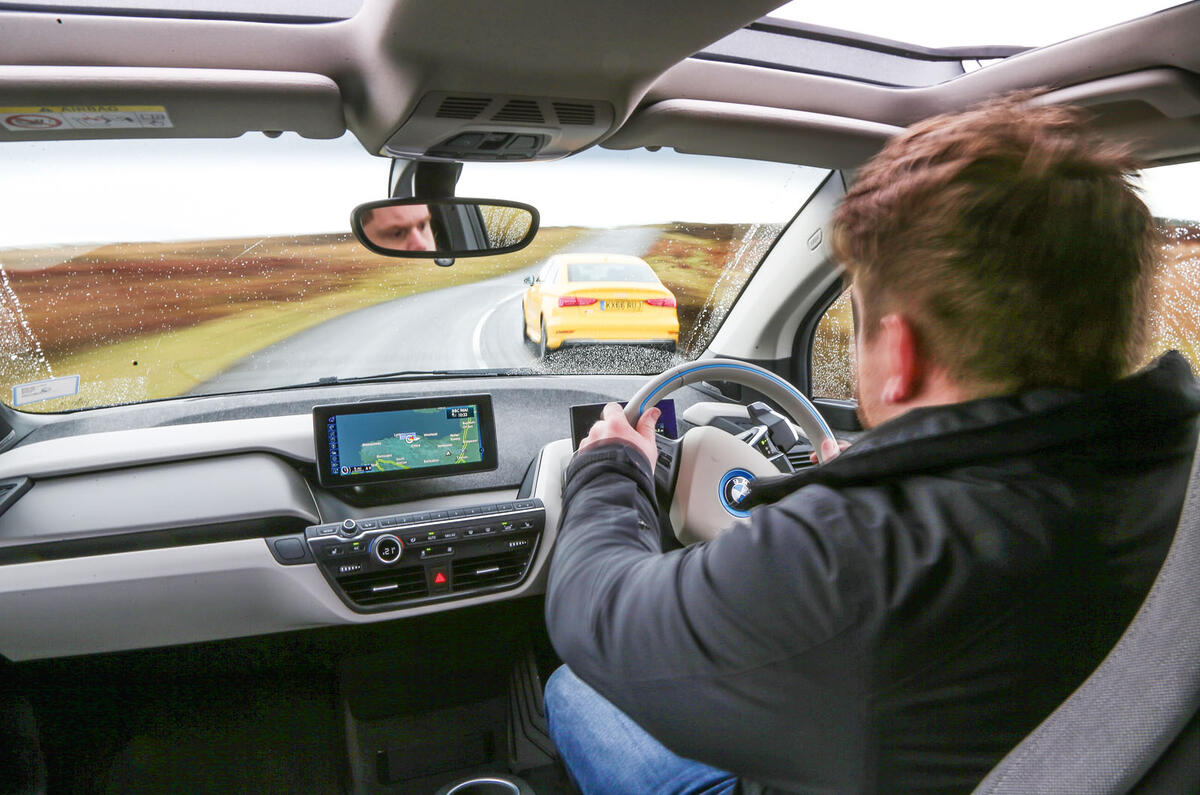








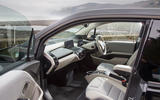












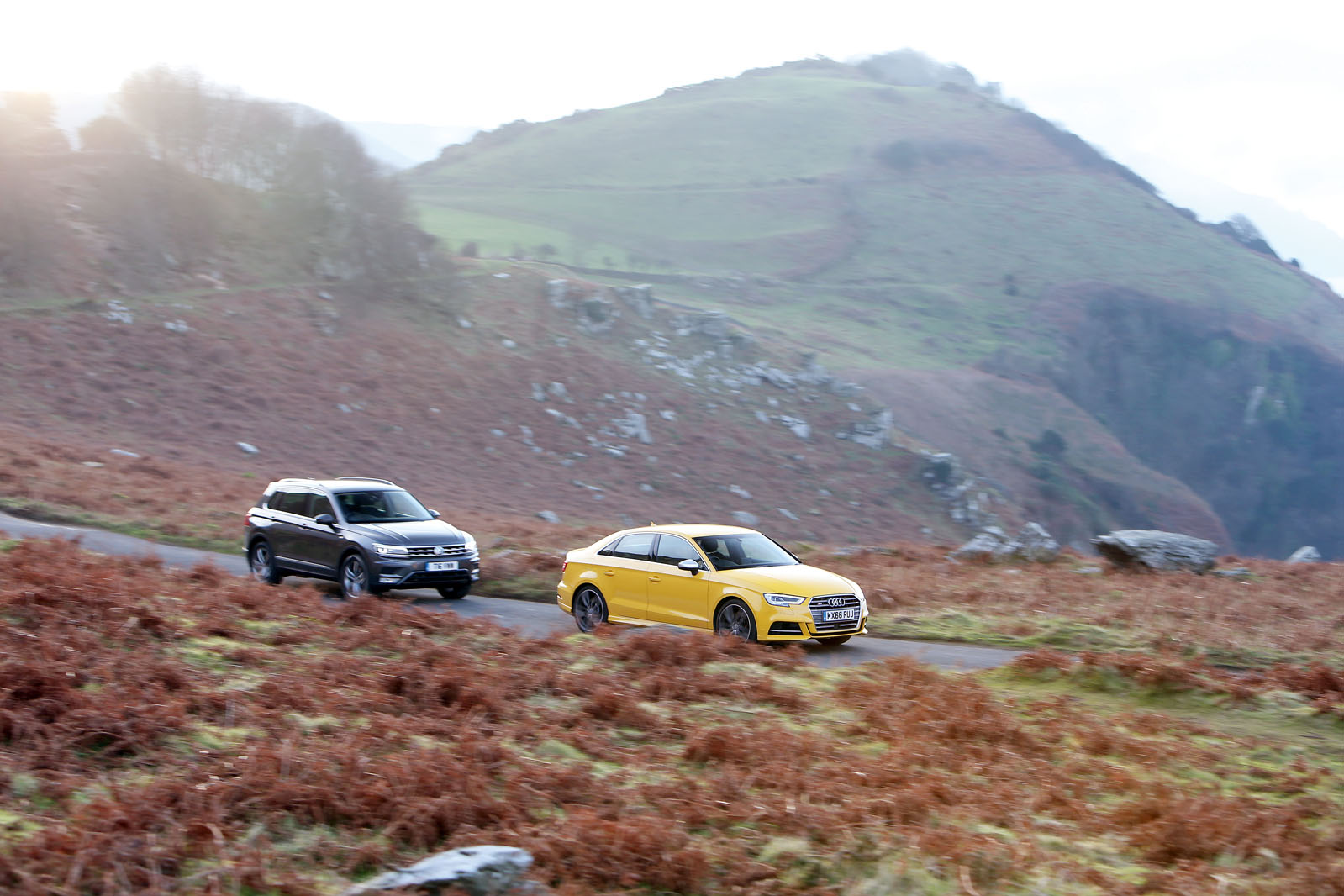

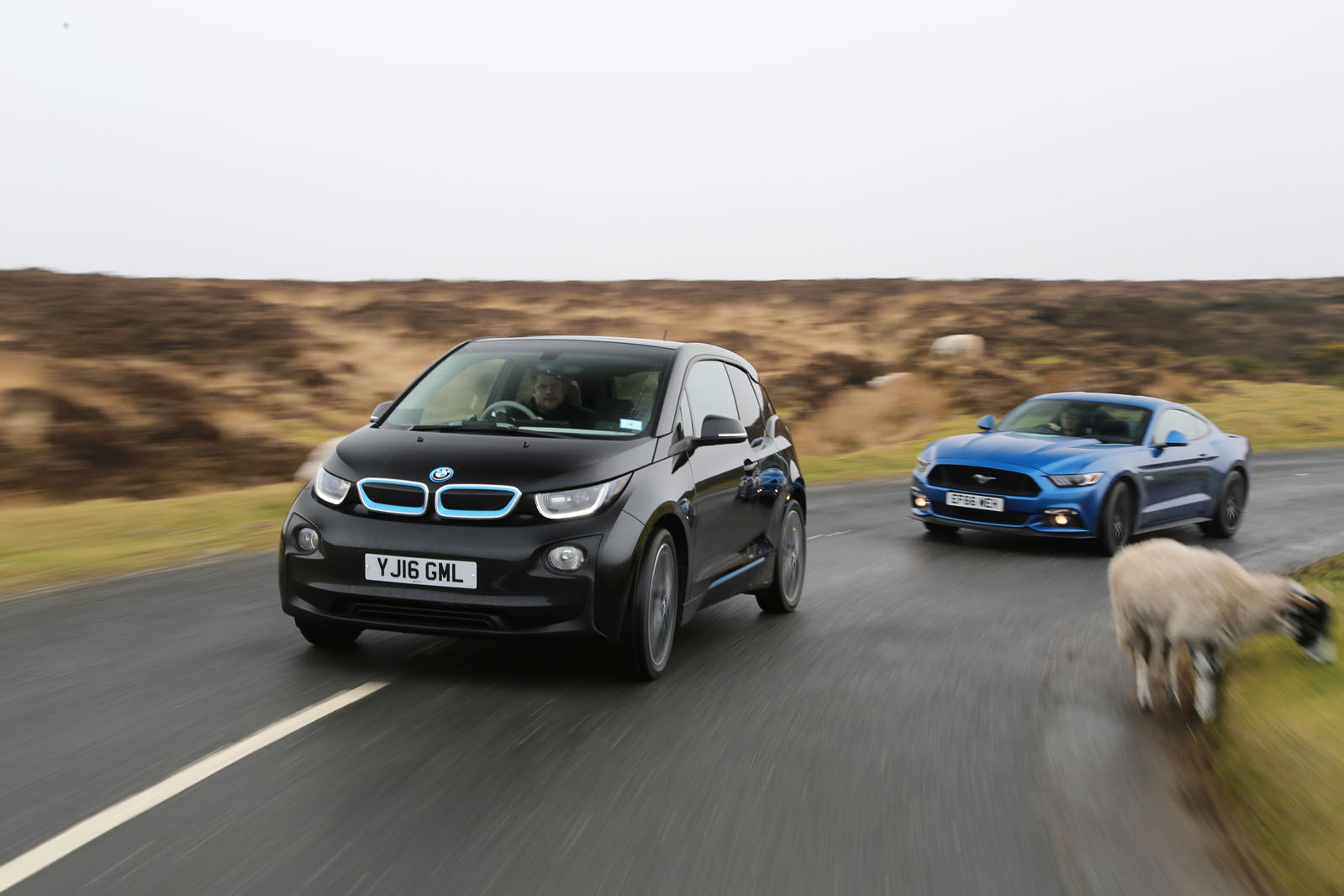
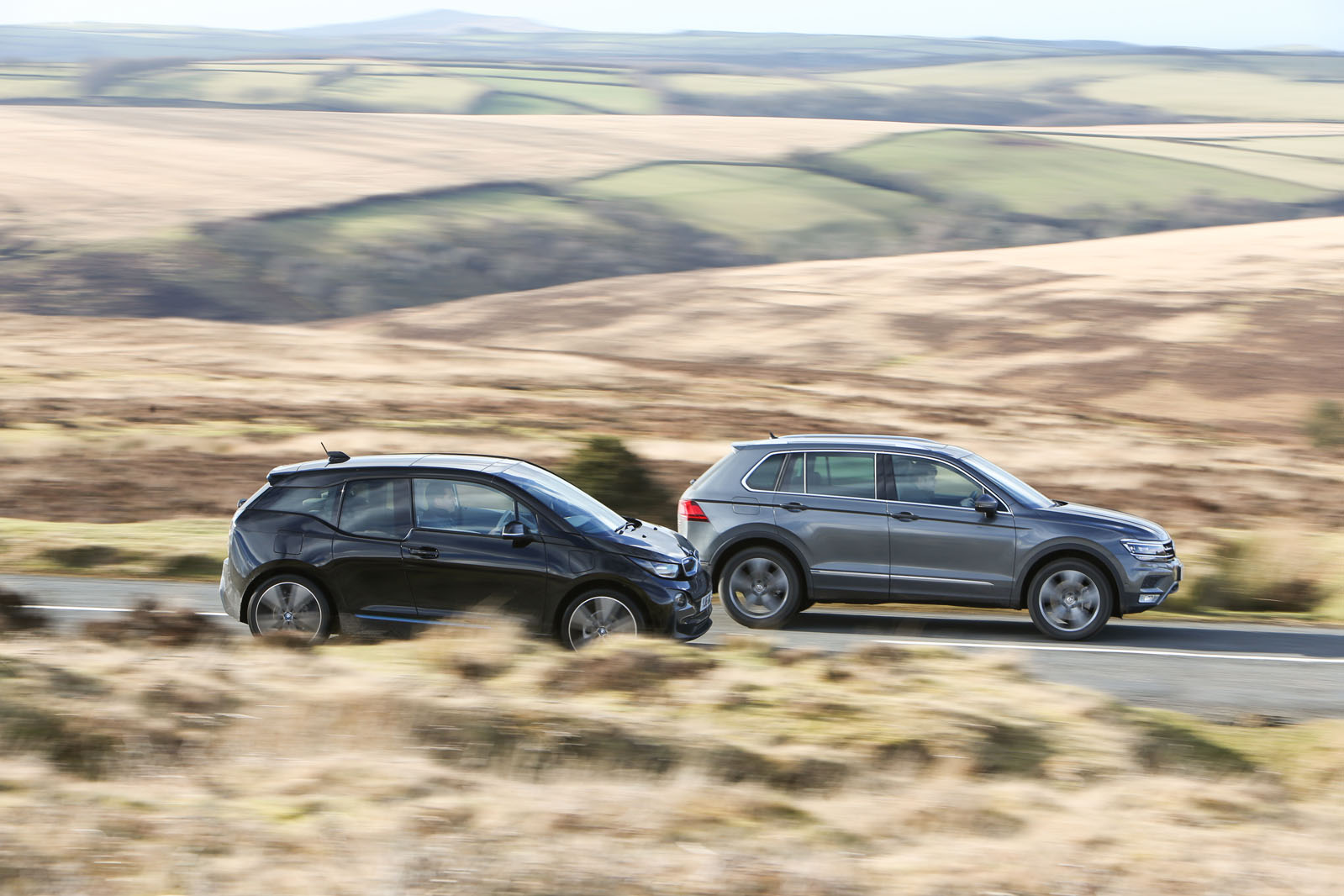
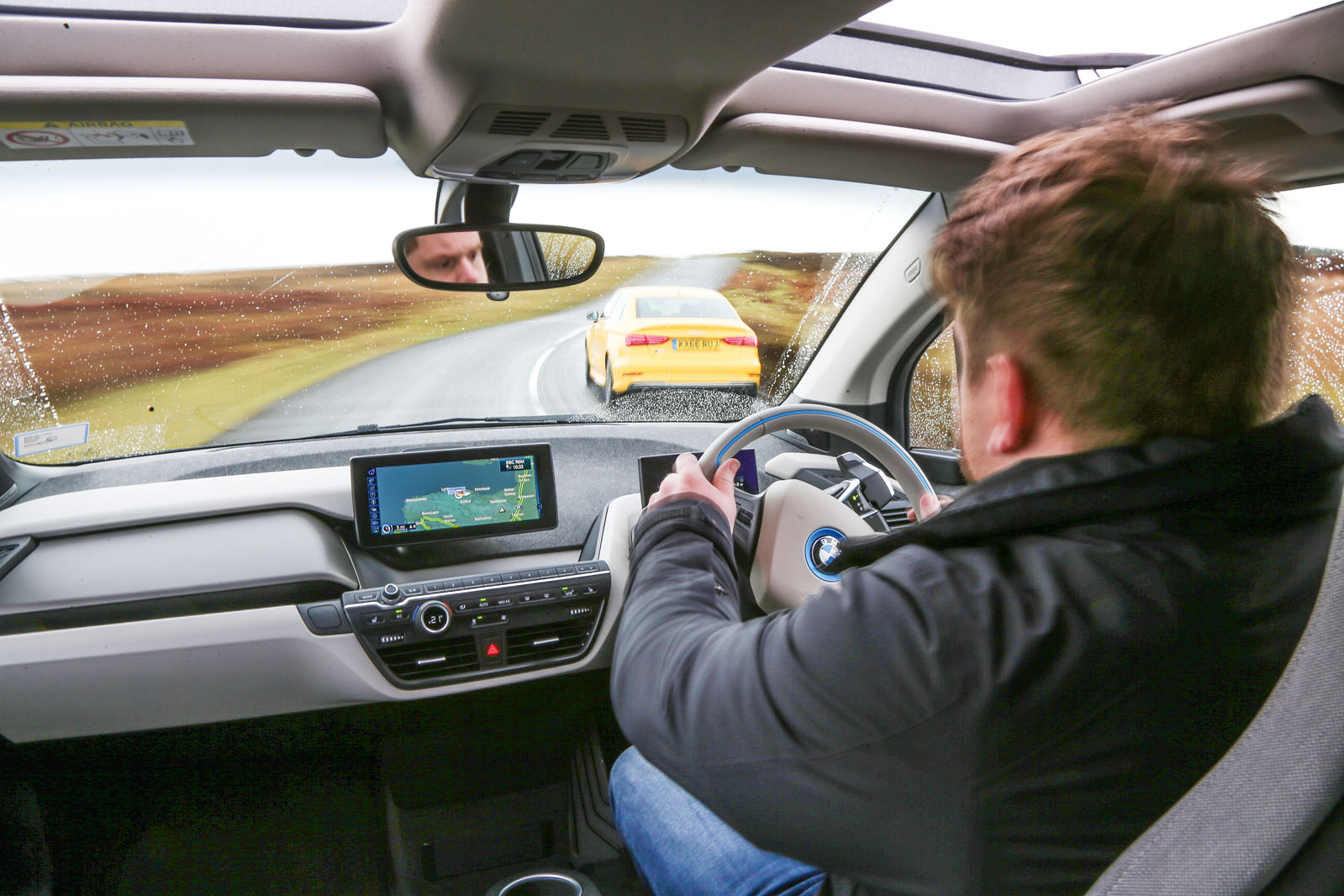

Join the debate
Add your comment
Scapegoat taxation
Change the name
Vat
Oh boo hoo, people who can
Do your research Jackwas